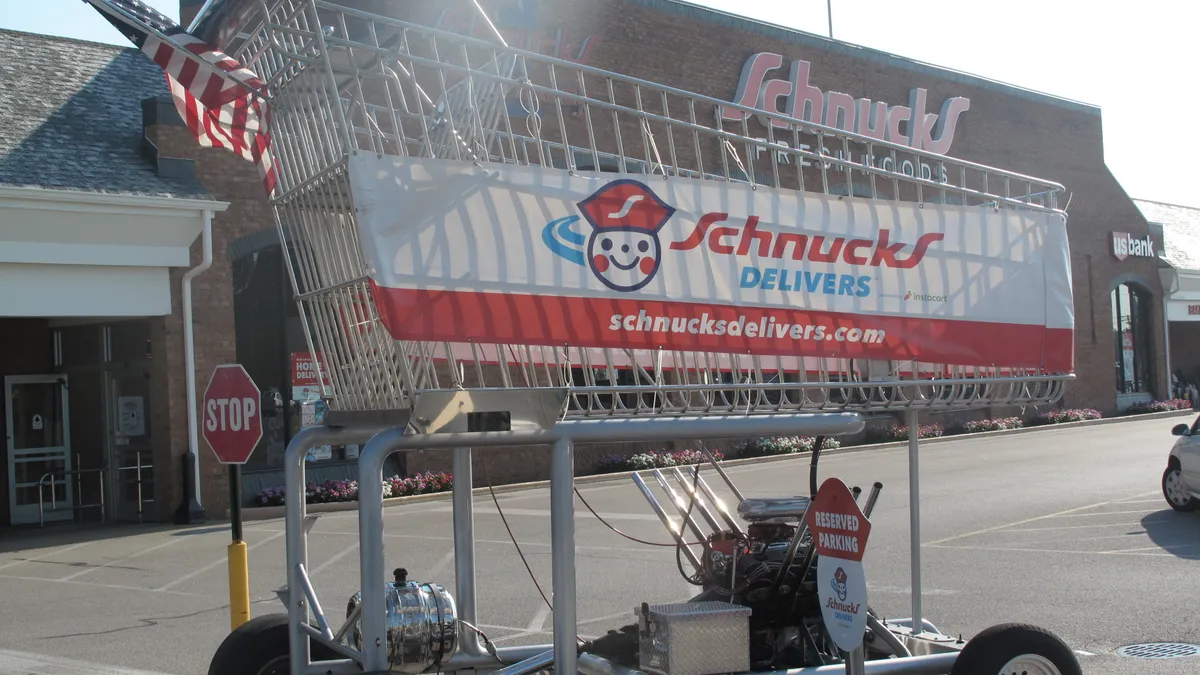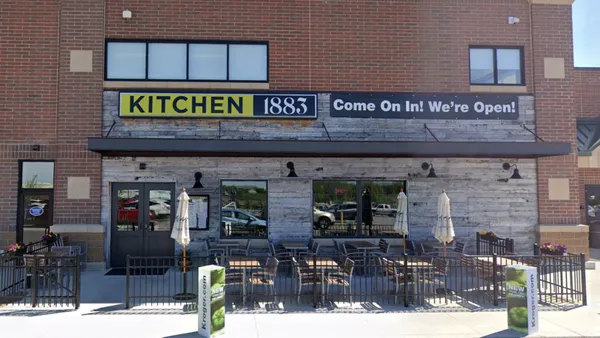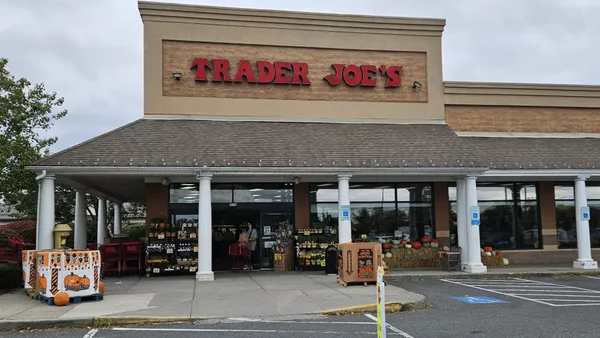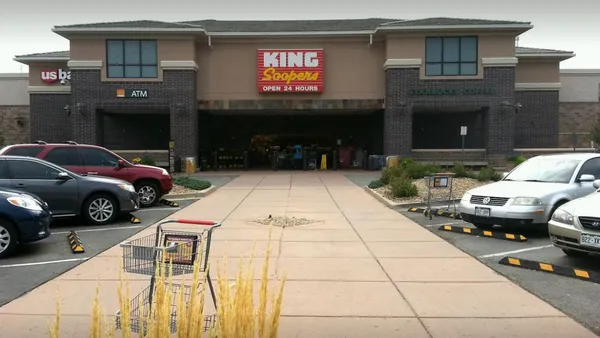Dive Brief:
- Schnuck Markets launched its supplier diversity initiative on Wednesday to identify local suppliers that are at least 51%-owned, operated and managed by individuals that are "disabled, LGBT, military veterans, minorities and/or women," the company announced in a press release.
- The initiative is in partnership with two retailer sourcing firms, ECRM and its subsidiary RangeMe, and is part of the Midwestern supermarket chain’s diversity, equity and inclusion program, "Unity Is Power. RangeMe will make sourcing and product submissions, and ECRM will qualify suppliers and facilitate meetings with Schnucks buyers using its client support teams.
- The announcement comes at a time as U.S. retailers are looking to boost their diversity, equity and inclusion efforts following widespread calls for social justice this year.
Dive Insight:
Schnucks’ new supplier diversity push builds off of the work the supermarket chain began in July to partner with Black-owned local restaurants in St. Louis to expand its grab-and-go meals offerings. As part of the company’s broader "Unity Is Power" program, the grocer rolled out unconscious bias training and revised its hiring and career advancement practices to ensure that people of color are represented at all levels of the company by the end of 2020.
“We want our suppliers to be more reflective of the communities we serve,” Adrian Moore, Schnucks' director of supplier diversity and category planning, said in the announcement about the supplier diversity efforts.
Commenting on the supplier diversity program, Moore said “it is imperative to work with diverse suppliers in order to bring our customers the products they are looking for when they visit our stores.”
Many national and regional chains have made major pushes for diversity and inclusion in response to the Black Lives Matter movement and calls for companies to commit to supporting racial justice. Costco pledged $25 million to a Black-owned economic development fund in August, and in October, Kroger committed to tripling its sourcing from diverse suppliers as part of its 10-point diversity, equity and inclusion plan.
As grocers look to boost diversity initiatives internally, some are grappling with employee's showing support for the Black Lives Matter movement while working. Whole Foods, which was not especially vocal on racial justice issues in the spring and summer, has sought to throw out a Title VII lawsuit alleging that the grocer disciplined workers for wearing face masks supporting Black Lives Matter. Trader Joe’s and Costco have also reportedly restricted workers from wearing Black Lives Matter accessories.
Supply efforts by grocers like Schnucks aim to rectify past trends of supermarkets overlooking underrepresented populations in local communities. Historians and food policy advocates have traced corporate strategies among supermarket chains as having focused primarily on White, suburban customers for decades, creating food deserts in many majority-Black neighborhoods.
Diversity consultants and activists emphasize that expanding opportunities for Black workers, such as promoting Black-owned businesses as vendors and ensuring diversity at senior staff levels, is essential for narrowing the racial wealth gap.












